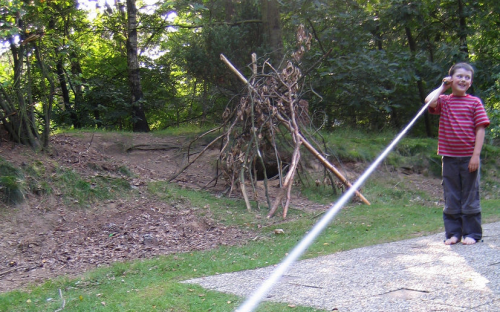Persistence capability is not enough to ensure the reliability of message oriented middleware. Suppose that you retrieve an item from a queue, and the application or thread crashes in the middle of the process. The item and processes depending on it will be lost, since the crash occurred after retrieving the item from the queue. Acknowledgement semantics can prevent this loss If the application crashes before acknowledging an item. This item will continue to be available to other consumers until an acknowledgment is sent.
This Python code shows how to add acknowledgement to a class derived from the Python Queue class. In the article Persisting Native Python Queues we only show how to persist a queue. It is important to note that we have modified the base Python Queue class, adding the “connect” and “ack” methods. Each application thread must call the “connect” method before using the queue object. The “connect” method returns a unique queue proxy. If the thread crashes, the items that have been fetched, but not acknowledged, in this queue are enqueued again. The “ack” method uses the item returned by the “get” method and effectively removes the item from the queue. In this code ZODB is used for persistence instead of DyBASE. If the entire application crashes, not just a single thread, unacknowledged items are requeued when it restarts.
While acknowledgement semantics increases reliability, it is not infallible. Imagine that after processing an acknowledged item, the result of the process is also added to the queue. In some web crawling implementations, first a URL is retrieved from a queue and acknowledged, then an HTML page is fetched from that URL, and finally the links on that page are inserted in the queue. Two problems can occur if the application or thread crashes during this process. If items, in this case URLs, are acknowledged and thus eliminated as soon as they are retrieved, they may be eliminated before enqueuing all of the links on the page. In this case, the remaining links will be lost. If, on the other hand, items are acknowledged only after enqueuing all the links, some links will be duplicated. This conflict is solved with queue transaction semantics. If the process or thread crashes a rollback is performed.
Notes
- This persistent queue with acknowledgement assumes that the objects in the queue all have different identities, id(obji) != id(objj) for all i,j. Making a copy of the object works for mutable objects. Immutable objects must be wrapped.
- The object classes in the queue must inherit from the Persistent class, including object members.
Prerequisites
- Python 2.x (x>=6)
- ZODB3
Code
The code is available at github and includes a series of unit tests.
See Also
- Esoteric Queue Scheduling Disciplines
- Using Queues in Web Crawling and Analysis Infrastructure
- Persisting Native Python Queues
Resources
- AMQP Acknowledgement
- HornetQ Asynchronous Send Acknowledgements
- HornetQ Transactions
- ZODB In Real Life
- Storing Persistent Objects with Persistent Objects as attributes of the Parent PO
Photo taken by Paul Downey
